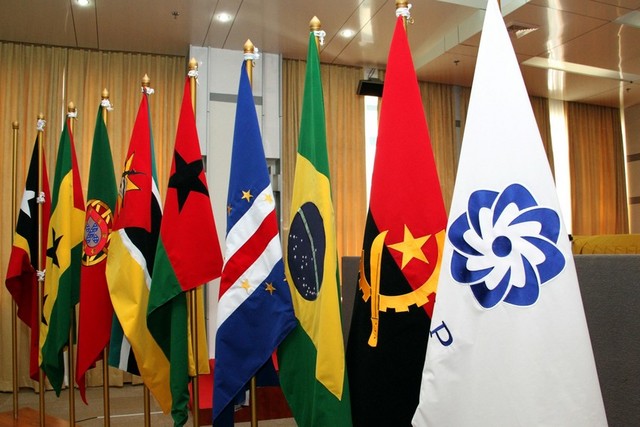Three dead in Angolan oil rig fire: Agency
CPLP: Angolan minister calls for cooperation between Portuguese, local languages

File photo: Lusa
Angola’s minister of culture, Filipe Zau, on Monday caled for members of Community of Portuguese Language Countries (CPLP) to make efforts to establish “concrete forms” of cooperation between Portuguese and the other languages spoken in their territory.
According to the minister, who referred to the CPLP’s constitutive declaration, these efforts should be realised above all in the areas of research, with the consequent valorisation of the languages in question.
“In this way, the former doctrinal tension resulting from the assimilationist colonial policy no longer makes any sense today, since the former logic of exclusion will have to make way for the new logic of complementarity,” he said.
Speaking on Monday in Luanda at the opening of the 6th edition of Portuguese Language Week, as part of the celebrations for World Portuguese Language Day on 5 May, he said it was “desirable” for Angola to adopt a bilingual language policy.
“As such, it is necessary to know what language policy Angola should adopt in the future, which will lead to the current diglossia [cohabitation of several languages] paving the way for a desirable bilingualism,” he stressed.
A draft Law on Angolan Languages has been drawn up, the period of public consultation for which ended last week. It establishes the languages of Angola according to their origin, namely those languages of African origin, those of European origin (namely Portuguese), Angolan sign language, and the Braille system.
The law, which sorts Angolan languages of African origin into regional languages, local languages, cross-border languages and transnational languages, is due to be sent to parliament for discussion.
For her part, Angola’s secretary of state for foreign affairs, Esmeralda Mendonça, highlighted the events to celebrate the Portuguese language as a cultural milestone, an affirmation of linguistic diversity and an appreciation of humanity.
“Because it is through language, in our case Portuguese, that we express our ideas, feelings and interact with each other, which are fundamental prerequisites for family and social cohesion,” she said.
In her words, Portuguese – as one of the main languages of international communication – has increasingly contributed to the search for consensus, the promotion of peace and harmony, co-operation and solidarity, not only at CPLP level, but in the world in general.
The CPLP’s other member states are Brazil, Cabo Verde, Guinea-Bissau, Equatorial Guinea, Mozambique, Portugal, Sao Tome and Principe and Timor-Leste.












Leave a Reply
Be the First to Comment!
You must be logged in to post a comment.
You must be logged in to post a comment.